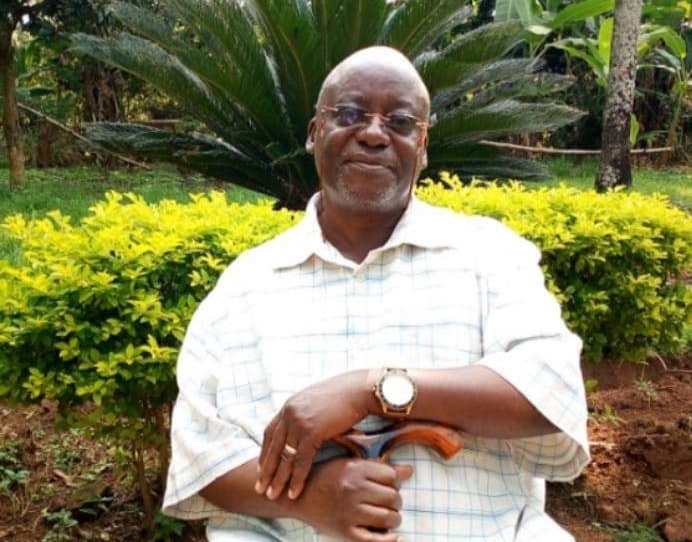Scarcity is the mother of ingenuity; we have always been told. When things are scarce, human being quickly learn and adopt alternatives. For many Ugandans who grew up during the 1970s and 1980s, when household commodities were scarce, they learnt to improvise. Certain plants, I am told, were used to wash both the clothes and human body.
Soap was one the household commodities that were extremely scarce. Kids in urban middleclass homes learnt what their village counterparts always experienced — tea without sugar or to sugarless tea taken with sweet potatoes and/or sweet bananas.
Over the last few days, you have probably seen social media posts of how expensive a “tree” (read bar) of soap is. At the turn of this year, a bar of soap was going for about Shs3500 for the well marketed brands and much less for ‘average’ brands. Today, the same “tree” of soap is threatening to reach the Shs10,000 mark. Unlike the 70s and 80s where goods were not on the market, today, if you have money, you will be able to get whatever number of “trees” of soap that you may need.
To be fair, it is not only soap whose prices have gone up. A 50kg-bag of cement is now on average at Shs32,000 from about Shs28,000 in January this year. Steel bars, have gone up by about Shs10,000 for the 16-millimeter size for the new brands on the market. Established brands are now selling by more than Shs20,000 of the January 2022 prices. Of course, today I will not say anything about petrol and diesel to avoid boring you to death.
But since the issue now at hand is soap, let me stick to that. The main ingredient for soap is crude palm oil which is largely imported from Malaysia and Indonesia, the world’s leading producers. Palm oil is extracted from oil palm fresh fruit bunches. Growing oil palm was only introduced to Malaysia and Indonesia by British colonialists otherwise it is an indigenous plant of Sub-Saharan Africa.
Yet the continent is now almost a net importer of crude palm oil. It tells you how far we have come! Palm oil is the world’s most diverse agricultural product. It can be used to make soap, cosmetics and at the same time edibles like cooking oil.
In Uganda, we first experimented growing oil palm in Ssese islands in the 1970s but commercial farming only started in mid-2000s. Figures from the National Oil Palm Project (NOPP) of the Ministry of Agriculture indicate that the country needs to grow at least 100,000 hectares to meet current national demand. In Kalangala, only 11,346 hectares have been planted and another 7,500 hectares are under cultivation or planned in Buvuma. Oil palms take four years to mature and last between 18-25 years after which they have to be cut and replanting starts again.
Today, the price of crude palm oil has gone up because of many reasons. First, the invasion of Ukraine and Russia according to Reuters has halted the supply of sun oil, an alternative to palm oil. “Palm oil has become the costliest among the four major edible oils for the first time as buyers rush to secure replacements for sunflower oil shipments from the top exporting Black Sea region that were disrupted by Russia’s invasion of Ukraine,” the Reuters article reads.
The article adds that “since ports in Ukraine will remain closed until the invasion ends, Asian and European refiners have raised palm oil purchases for near-month shipments to replace sun oil which has lifted palm oil to irrational price level.”
Second, Malaysia has reacted by restricting crude palm oil exports to meet its own national demands first.
Third, since last year, Uganda introduced a 10% tax on crude palm oil imports. These factors have increased the price of crude palm oil in Uganda.
The beauty of this though is that farmers in Kalangala are laughing all the way to the bank. As you read this, a kilogram of oil palm fresh fruit bunches is going for Shs1,238 compared to last month’s Shs1,137. Since September 2019, prices of oil palm fresh fruit bunches have increased by 166 percent from Shs465.
This is good for Ugandan farmers. In Kalangala, there are 2,063 smallholders who make about Shs6 billion collectively every month. An acre of oil palm gives the farmer at least a monthly income of Shs400,000 (oil palms are harvestable every 10 days). If the government is keen to empower farmers, oil palm growing is one of the solutions. Could the parish development model look at areas where farmers can grow this crop and empower them to do so?
The writer is a communication and visibility consultant. djjuuko@gmail.com
Do you have a story in your community or an opinion to share with us: Email us at Submit an Article









